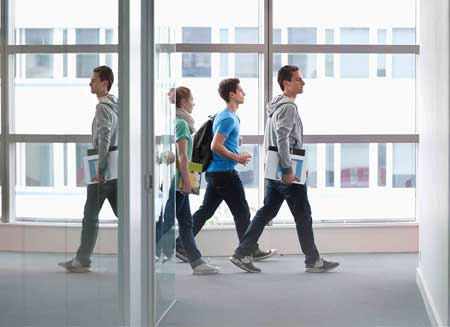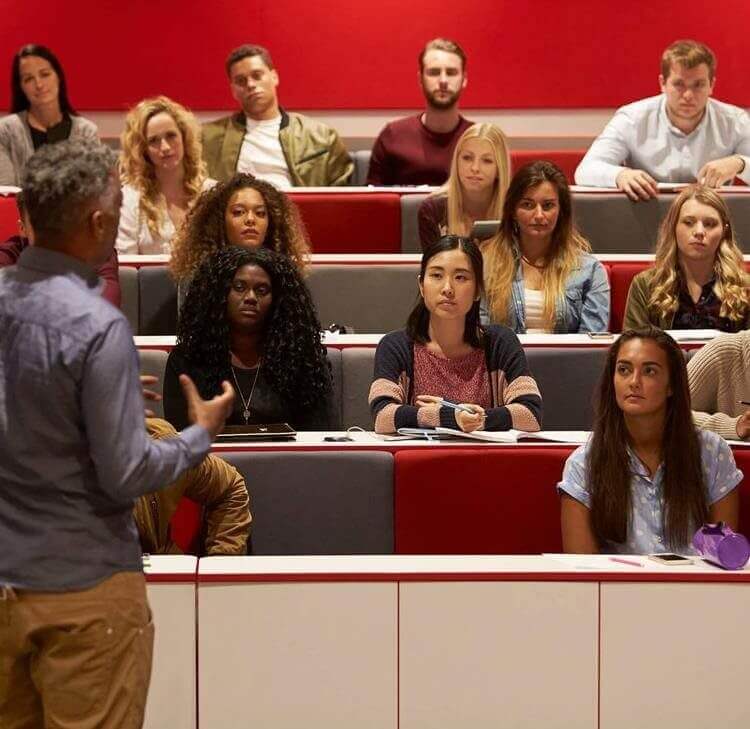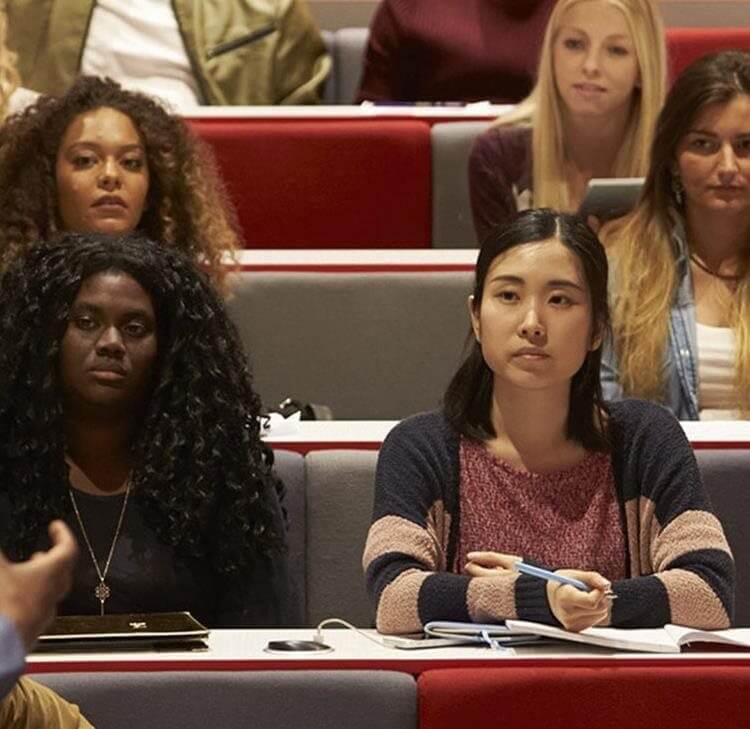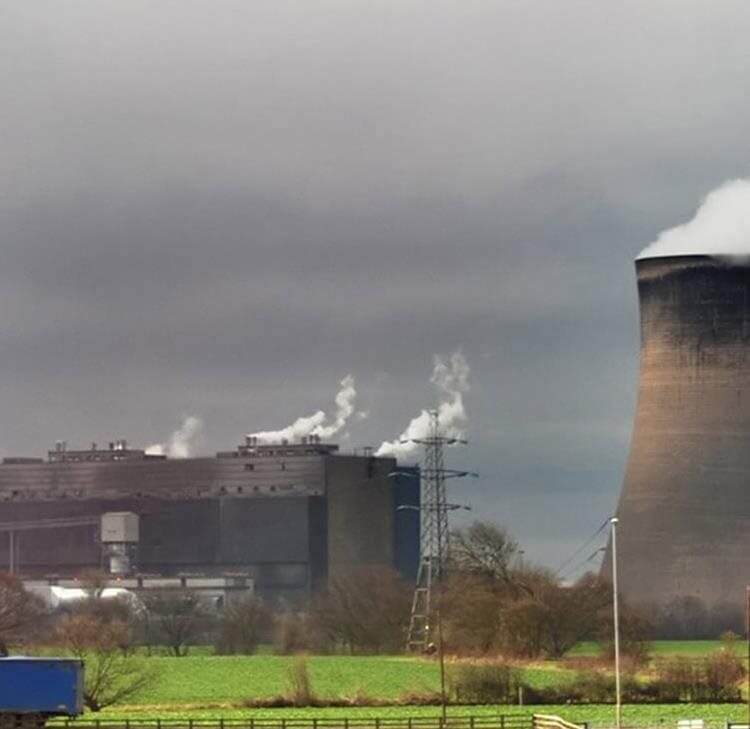The UK Covid-19 Inquiry was set up to examine the UK’s response to, and the impact arising out of, the Covid-19 pandemic. The Inquiry will consider what decisions were made that related to and impacted upon young people and whether and to what they were considered during the decision-making process.
The Inquiry has already started to gather evidence and will hear from witnesses during Autumn 2025. The evidence and recommendations will have implications for all those involved in the higher education sector. Here’s what you need to know.
What is the UK Covid-19 Inquiry all about?
The Inquiry is made up of 12 modules. Module 8 – Children and Young People, has opened and will examine the impact of the pandemic on children and young people in the UK, including those with special educational needs and/or disabilities.
The Chair, Baroness Hallett, has designated Core Participant (CP) status to a number of organisations who made decisions during the pandemic that affected young people. This includes the Department for Education (DfE).
“...the impact of those decisions and the long-term impact of the pandemic on young people”
The decisions made in relation to whether colleges and universities should close and subsequently whether they should reopen, whether exams could take place and whether any of those decisions disproportionately impacted young people, made their lives harder, or exposed them to a greater risk of harm will be amongst the topics being explored.
“…isolation of students and remote learning”
Other areas likely to come under scrutiny are the use of face coverings in educational settings, use of university buildings for testing and vaccine rollout, isolation of students in halls of residence and remote learning.
The Inquiry also wants to know if the consequences of the pandemic continue to impact young people to this day. It will consider the impact of the pandemic on their education, any apprenticeships, their physical and mental health and any other wider or long-term impact of the pandemic. The CPs, and anyone else who is asked to provide evidence to the Inquiry, will provide the Chair with information on the decision-making process, who made those decisions and why they were made.
The Inquiry will also set out the lessons to be learnt for the future.
What does this mean for the higher education sector?
Your college or university could be asked to provide a statement because they might have assisted the DfE or the wider government with the country’s response, both going into and easing out of the pandemic.
In previous Modules, such as the Health module, the Inquiry chose a number of “spotlight” hospitals, from which it sought views on how decision making was implemented on the ground and what lessons could be learned for the future. It seems likely that the Chair will also want to hear from a range of colleges and universities who were at the forefront of implementing the decisions made.
Rule 9 Requests and having your say
You do not have to be a CP to assist the Inquiry. The Chair can require anyone to provide documents or a statement via a Rule 9 Request for information if that person or organisation has relevant evidence to give that is important to the work of the Inquiry.
Support for individuals contributing to the Covid-19 Inquiry
If you think you have valuable information which the Inquiry need to know, or, if you are approached by the Inquiry in relation to a request for documents or a witness statement, we can assist you with providing that information to the Chair of the Inquiry.
We can help you to collate and review documents which you think may be relevant to the Inquiry’s request, we can advise on the preservation of the documents, draft witness statements and if required, we can assist you in preparing to provide oral evidence at the hearings.
We have a team of specialist Inquiry solicitors who have vast experience on working with both education clients and in a public inquiry practice. Our team have been the Recognised Legal Representatives for clients on many major public inquiries, such as the Grenfell Tower Inquiry, Manchester Arena Inquiry and the Hillsborough inquests.


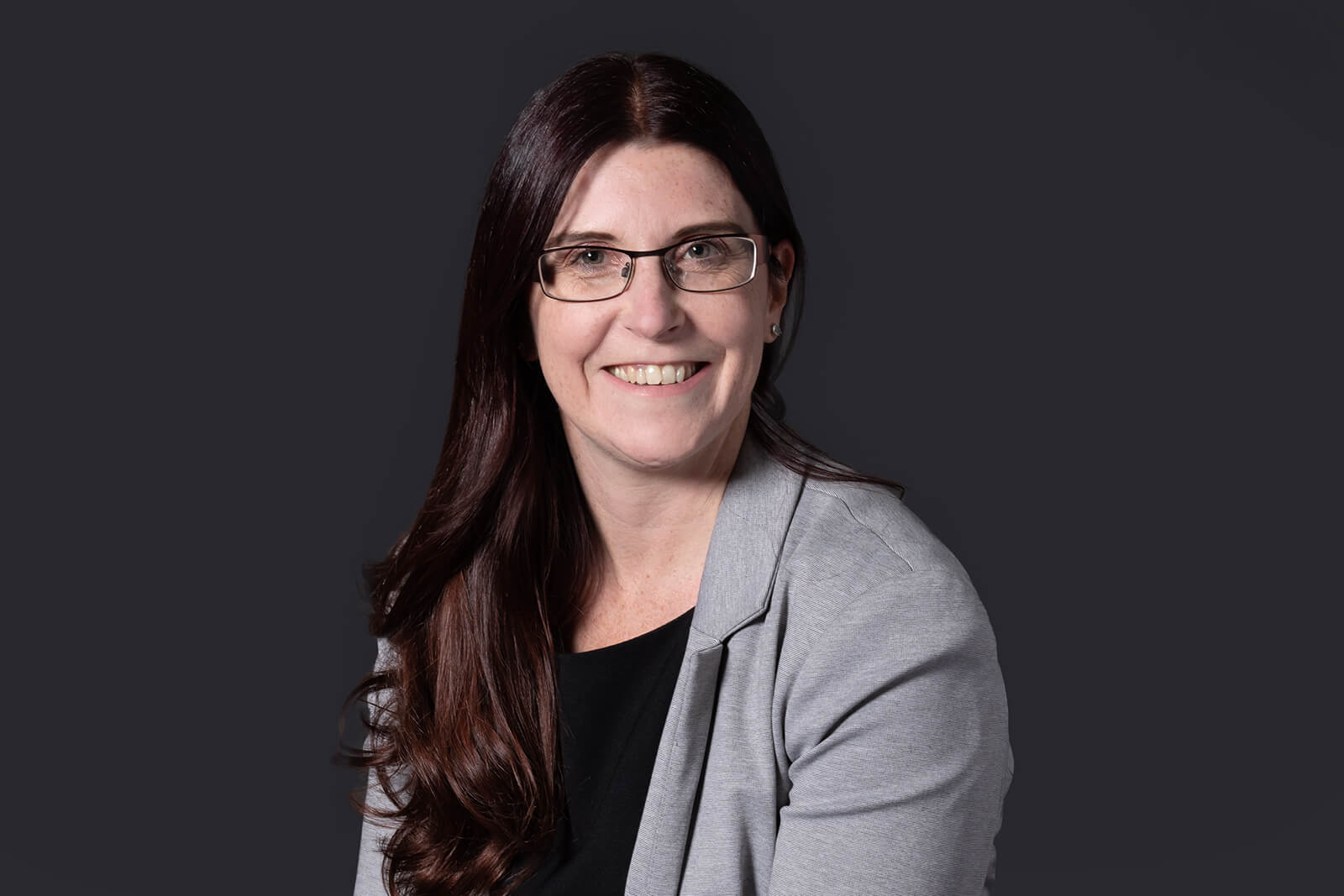.jpg?variant=HeroImageTabletVariantDefinition)
















